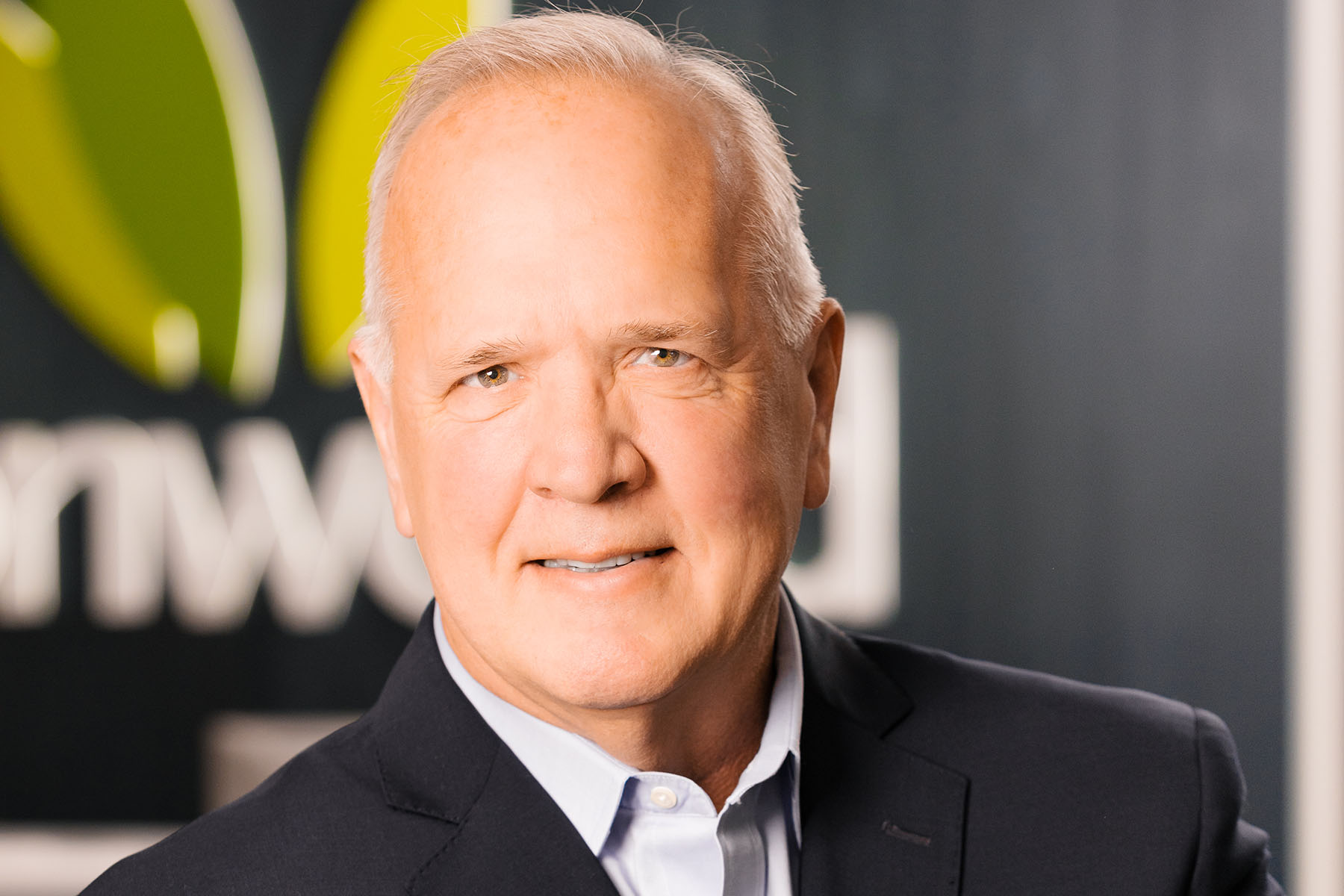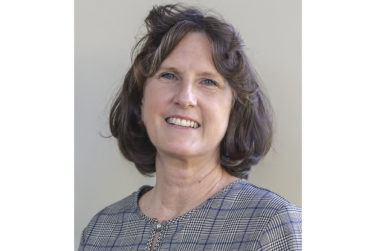Tom McCourt
CEO
Ironwood Pharmaceuticals
Leading the Way in GI
Think of any of the biggest breakthroughs in the gastrointestinal (GI) space over the last 35 years and it’s likely Tom McCourt played at least some small role. Getting the word out to the then medical community regarding the FDA’s decision to remove the black box warning on Prilosec; establishing the definition for gastroesophageal reflux disease (GERD); enabling the first evidence-based guideline for the treatment of GERD; bringing Nexium to market as the fourth proton-pump inhibitor (PPI) and still capturing the majority market share; changing how doctors talk to patients about irritable bowel syndrome with the ABCs (abdominal pain, bloating, and constipation) of IBS; and launching yet another blockbuster with the IBS with constipation (IBS-C) treatment LINZESS—McCourt’s fingerprints are on all of it. Now, he’s well on his way to achieving his next goal of making Ironwood Pharmaceuticals the No. 1 GI company in the U.S.
McCourt believes they are only a couple of moves away from reaching that milestone. Consider these facts: LINZESS is already a billion-dollar brand that has been on a linear growth trajectory since its launch more than 10 years ago. In fact, the brand has actually increased its market share despite four new competitors entering the market. The company is also making $250 million a year, and sitting on over $700 million in cash to invest in new licensing opportunities to potentially expand its pipeline.
That’s not to mention their current pipeline, which includes a couple of exciting prospects. For one, the company expects to hear back from the FDA in June regarding its application to expand the indication for LINZESS to treat functional constipation in pediatric patients ages 6-17 years old, which would make it the first approved pediatric functional constipation treatment. They also have a licensing deal with COUR Pharmaceuticals for their CNP-104 precision therapy that could potentially be a game-changing treatment for primary biliary cholangitis (PBC).
Not too bad for someone who was described early in his career as “a science guy who wanted to be a marketing guy” and later “a marketing guy who hopefully understands a little about drug development.” But that ability to straddle the line between science and marketing has been one of McCourt’s greatest keys to success.
The Importance of Insights
“Working on Prilosec early in my career was an enormous learning opportunity,” McCourt explains. “I learned the concept of insight mining, which was a new thing in the ’80s, and what it takes from either a physician perspective or a patient perspective to affect what they need to understand, believe, and feel to change their behavior.”
McCourt joined the med affairs and clinical development team as they worked to change two perceptions: 1) The safety of Prilosec after it received a black box warning; and 2) The best way to discuss heartburn. For the first, the team took an evidence-based medicine approach and worked closely with the FDA to build out the long-term safety profile of the drug. After about a three-year period, the FDA made an unprecedented decision to remove the box—marking one of the first times that has ever happened.
For the second, the team discovered doctors would commonly ask if a patient’s heartburn was better, not if it was gone. Unlike its competitors, Prilosec could eliminate heartburn in over half of its patients. So, they created an evidence-based clinical guideline along with key opinion leaders (KOLs) that changed how physicians talk with their patients and would turn Prilosec into a blockbuster.
Ever since, McCourt has always focused on finding that right insight. While working on Nexium, the team commissioned a head-to-head study versus Prevacid to examine complete healing of esophagitis and complete resolution heartburn. The results helped them shift almost 70% to 80% of their Prilosec business to Nexium over time, while they transitioned Prilosec to over the counter.
When he joined Novartis to head up the brand team that launched and marketed Zelnorm, his team found patients suffering from IBS would often use constipation as the catchall term for their symptoms, which failed to properly describe the pain they suffered. They worked to change the terminology doctors used to describe the disease from constipation predominant IBS to IBS with constipation to place the discomfort up front, and launched the “Belly” Campaign featuring a bare belly of a woman with “abdominal pain, bloating, and constipation” (the ABCs of IBS) written across it.
Later, when he took over as the Chief Commercial Officer at Ironwood in 2009, he created an “Insight Center.” And when he became CEO in 2021, he built an integrated leadership team where development and commercial sit at the same table when making strategic decisions.
“I identified people throughout my career who understood this insight mining concept and had this sense of urgency to constantly challenge the status quo,” McCourt says. “We just live and breathe the concept of getting to the next level and figuring out how to set the bar higher and higher.”
An Unparalleled Reputation
McCourt was named President at a turbulent time for Ironwood—it was losing $200 million a year and set to split into two companies as they spun off its soluble guanylate cyclase (sGC) business into Cyclerion Therapeutics. He proved to be the perfect person for the job—the company has grown ever since. He assumed the CEO role in 2021 and Ironwood generated corporate profits of over $250 million dollars.
“It required us to focus, restructure, and figure out what we needed to be successful,” McCourt explains. “We settled on three core pillars: 1) Maximize LINZESS by expanding its clinical utility. 2) Expand the portfolio beyond LINZESS with CNP-104 being our first move there. 3) Generate cash and profits.”
Throughout his career, McCourt has generated more than good ideas and profits—he has also generated respect from everyone in healthcare. He is one of the rare few in the industry to receive the President’s Award from the American Society for Gastrointestinal Endoscopy (ASGE), an organization he’s partnered with for many years. In the mid-90s, the ASGE developed the first electronic endoscopic report as part of a clinical outcomes research initiative (CORI) project and worked together with Tom to use the data to come up with today’s definition used to determine if you have GERD.
“Of everything I’ve done in my career, that’s one of the things I’m most proud of,” McCourt says. “It’s all about collaboration and creating win-wins where everybody benefits and most importantly, it advances care. Hearing patients talk about how you’ve changed their life is pretty incredible. But I also want to continue to get better at helping people learn and grow within an organization. And I want to deliver on our dream to be the leading GI company in the U.S.”








